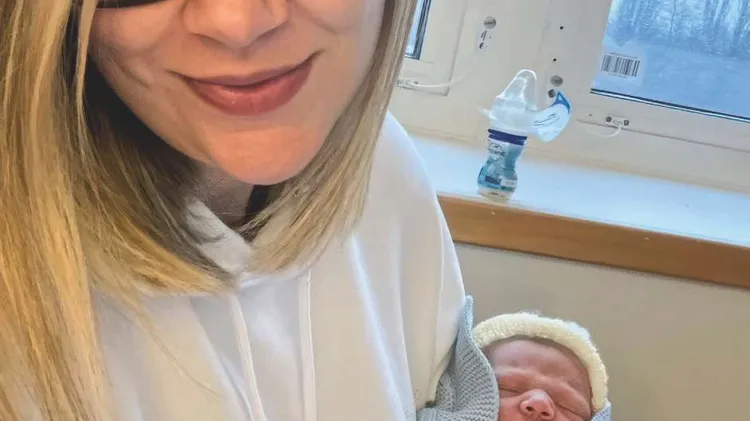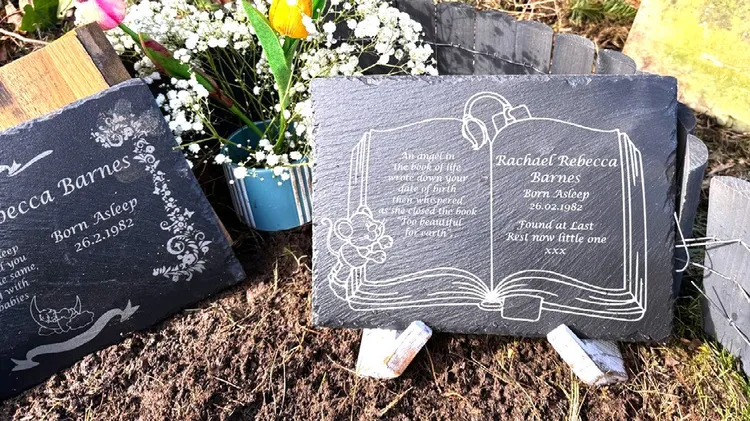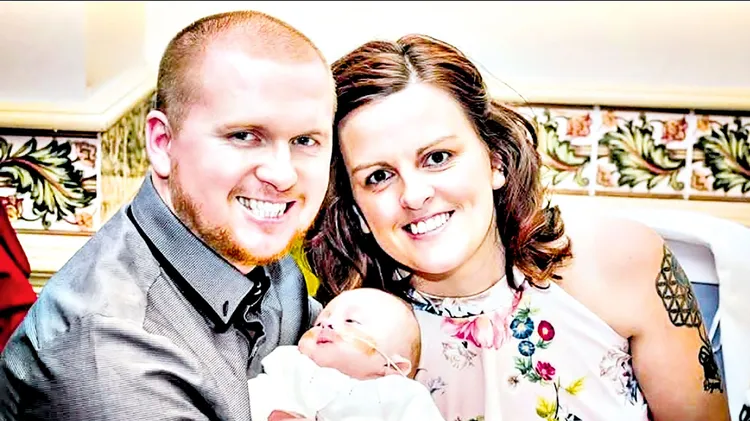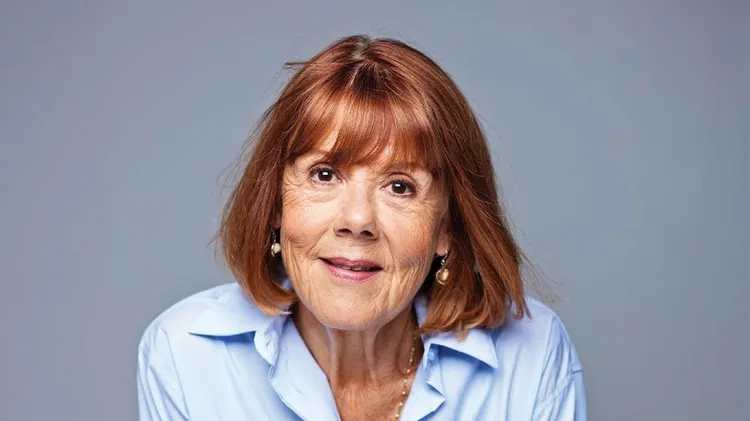After losing her newborn daughter, Hilary Freeman w
My baby was treated like she never existed
5 min read
This article is from...
Read this article and 8000+ more magazines and newspapers on Readly






